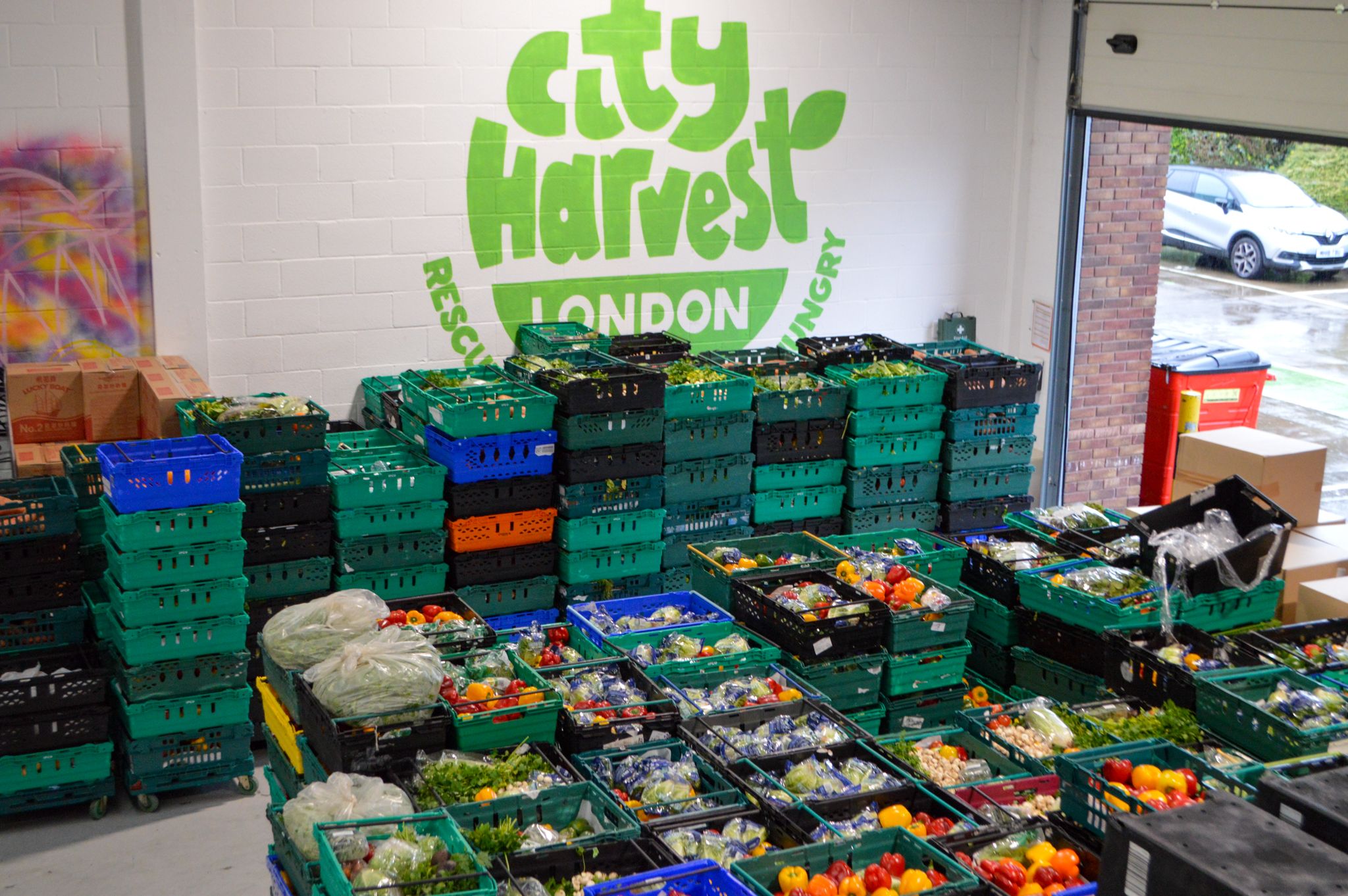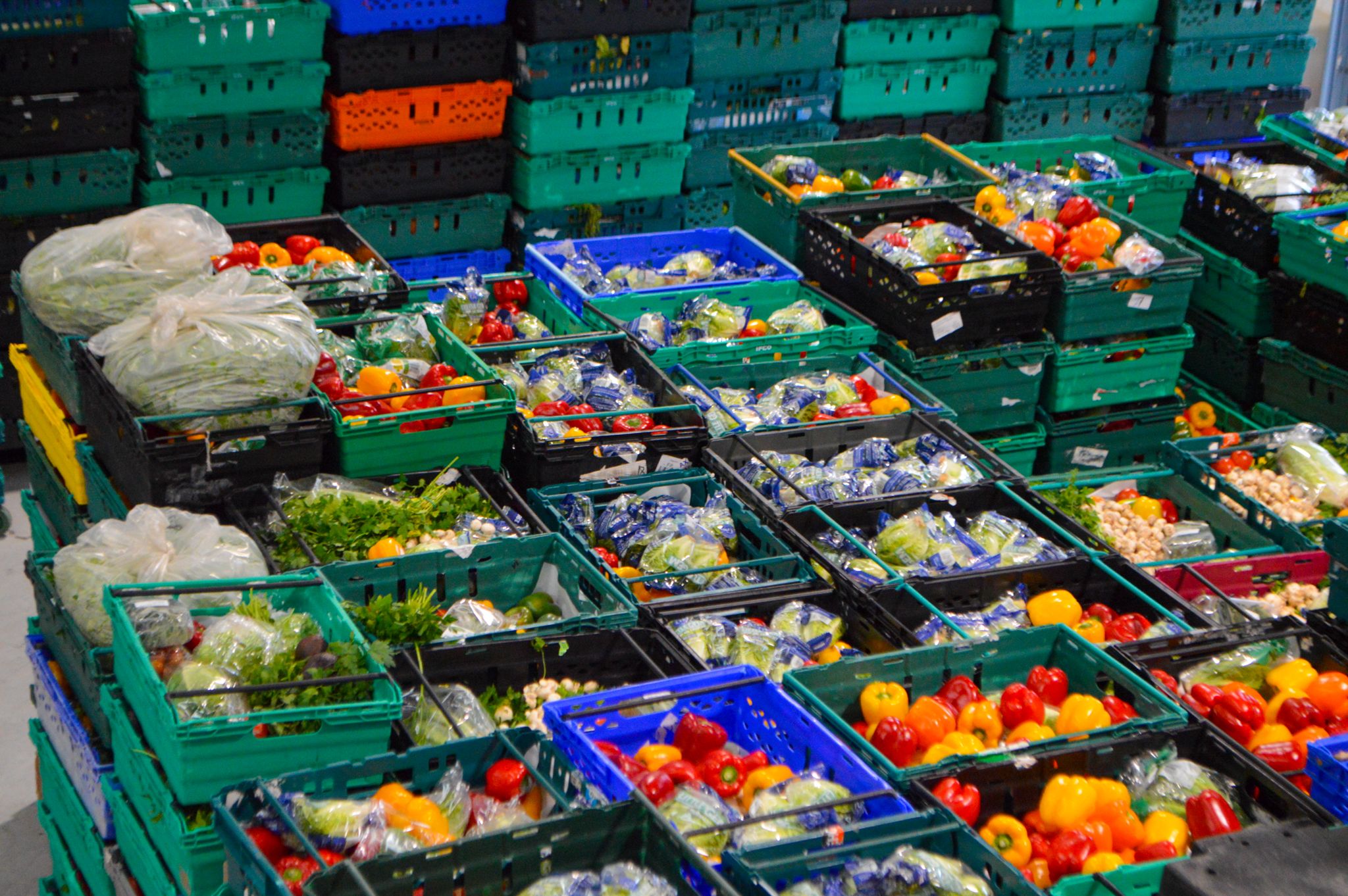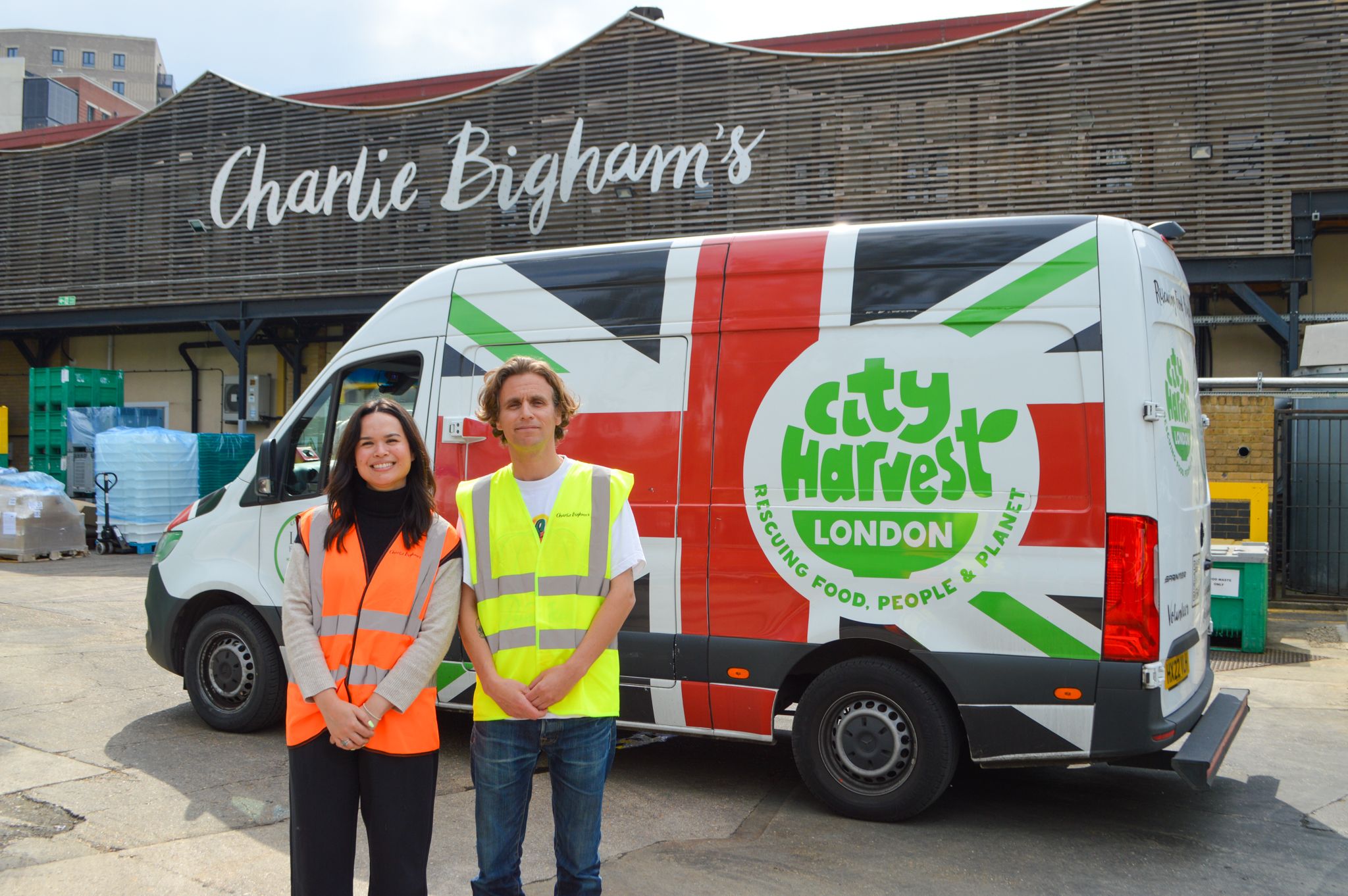Unlocking Surplus: How packaging can help fight food waste

City Harvest, a London-based charity which rescues surplus food and delivers it free to charities feeding people in need, discusses how packaging can be the difference between food reaching communities or going to waste.
A huge amount of edible food never makes it to retail shelves – not because it isn’t safe to eat, but because it isn’t packaged in a way that is legally compliant or practical for redistribution.
City Harvest London food redistribution charity regularly encounters unpackaged or bulk packaged ingredients, trial products or foodservice stock, that are perfectly good but can’t be distributed simply because they lack the right packaging or labelling. With small, targeted changes, manufacturers can ensure that this valuable surplus nourishes communities instead of going to waste streams.
When ‘Not For Retail’ Becomes ‘Not for Redistribution’
Food manufactured during NPD or for foodservice often bypasses standard retail packaging, which can create problems when surplus arises. Examples include:
- Large bags with no tamper-proof seal.
- Trial products without compliant ingredient and/or allergen labelling.
- Products packed in bulk without portioning, making them impractical for smaller charities or community kitchens.
- Food in unmarked secondary packaging.
When products aren’t retail ready, the absence of basic packaging and labelling for food safety and traceability means redistribution charities like City Harvest legally cannot move them on. Safe packaging is not just compliance, it’s what enables surplus food to leave a manufacturers site and reach those who need it.
Packaging as an Enabler for Redistribution
Manufacturers can build redistribution-readiness into their process without disrupting normal business. By allocating packaging options suited to potential surplus, even trial items and foodservice items can become donation ready. This includes:
- Basic labelling with supplier and product name, ingredients and allergens, storage instructions, cooking instructions (if required) and use-by or best before dates (all in English).
- Secondary containment (e.g. sturdy outer boxes, sealed liners) that protect goods during handling and transit.
- Portion-appropriate formats, making surplus practical for smaller charities with limited storage or cooking facilities.
- Trial packaging protocols so that NPD products can be redistributed safely if they’re not taken to market.
These considerations ensure food that would otherwise be wasted can instead be safely diverted to redistribution charities.

Case Study - Charlie Bigham’s: Smart Surplus Packaging
Charlie Bigham’s is a certified B Corp with a bold commitment: zero edible food waste in their kitchens by 2025. As part of this mission, they partnered with City Harvest to explore how surplus from their London-based production kitchens could be safely and effectively redistributed.
Following a collaborative ‘waste walk’ with the City Harvest Food Team, valuable opportunities were identified: surplus pastry offcuts from their pie production lines and unused chicken wings. Rather than letting these edible by-products go to waste, Charlie Bigham’s developed a smart system to repackage and label them specifically for redistribution.
Each batch of surplus is sealed in secure, non-retail packaging and clearly labelled with all the necessary food safety information. This attention to packaging compliance ensures that surplus food is not only safe to donate but practical for City Harvest to handle and distribute.
Through smart surplus packaging, Charlie Bigham’s demonstrates how operational efficiency and social impact can go hand in hand.

Packaging for Surplus is Responsible Business
Addressing surplus through packaging is not only about corporate responsibility; it also makes operational sense. Every kilo of food donated instead of wasted:
- Reduces waste-disposal costs.
- Strengthens sustainability goals, including Scope 3 emissions reductions.
- Builds goodwill and demonstrates food industry leadership in tackling food poverty.
- Unlocks reputational value with customers and stakeholders who increasingly demand circular solutions.
Sustainably redistributing your surplus with City Harvest
Not all surplus food is retail-ready, but it doesn’t have to be wasted. With packaging and labelling that meet minimum standards of safety, traceability, and practicality, difficult to access surplus can be transformed into life-saving donations.
At City Harvest, the team sees packaging not as waste, but as one of the most powerful tools to unlock surplus. The food team at City Harvest invites manufacturers to view redistribution as part of their packaging strategy, ensuring food that can’t go to market can still go to the people who need it most.
Get in touch
The City Harvest team can help to identify surplus within your supply chain with a ‘waste walk’ as well as advise on how surplus can be packaged for safe redistribution. Contact food@cityharvest.org.uk now, and check out FAQs on www.cityharvest.org.uk/food.
)
)
)
)
)
)
)
)
)
)
)
)
)
)
)
)
)
)
)
)
)
)
)
)
)
)
)
)
)